Few political ideas have gained as much traction with the public as Project Fear.
Its genesis came during the 2014 independence referendum as a shorthand for the Better Together campaign’s strategy of focusing on the disastrous economic consequences of separation.
In the 2016 EU referendum, it returned to the fore, this time from the Remain campaign, who repeatedly warned of the disastrous economic consequences of Brexit.
In both cases, nationalist critics – Scottish then British – argued that this was a hyperbolic attempt to scare voters from following their instincts.
In both cases, the Project Fear arguments for the status quo were contrasted with the apparently positive arguments for change.
If people thought this style of campaigning was finished, or merely limited to issues of major constitutional change, however, they are wrong.
In the 2024 General Election, the SNP has not just dusted off the Better Together playbook, but the nationalists have written several additional chapters too.
Take, for instance, Stephen Flynn’s announcement this week that – if re-elected – he would introduce a bill within the first 100 days of the new parliament to “protect the NHS” from what he claims are the Labour Party’s plans for “massive privatisation”. Starmer, according to Flynn, is “far more interested in selling the NHS than saving it”.
Flynn’s basis for this view seems to be Wes Streeting’s suggestion that he would seek to use private services to help reduce pressure on frontline NHS departments and reduce waiting times. This is an entirely different proposition to “privatising” or “selling” the NHS, which would still remain free at the point of use, but merely be more efficient.
But eagle-eyed readers will have spotted the more fundamental issue with Flynn’s proposal: that the health service in Scotland is entirely devolved and thus under the management of Flynn’s own SNP.
Even if we accept the premise of Flynn’s bill, which we should not, it would be an extraordinary act of altruism for the SNP to intervene to protect services elsewhere in the UK.
Forget standing up for Scotland, under their flagship announcement of the campaign the Scottish nationalists are apparently standing up for England.
More likely, it seems, is that Flynn is in fact trying to scare Scottish voters into backing his party, and he is far from the only nationalist at it, either.
Project Fear shows SNP is irrelevant in General Election
John Swinney has already taken to the campaign trail to warn of “prolonged austerity” – another elegant buttress of Project Fear – should the Labour Party take office. Meanwhile, Kate Forbes has warned that 100,000 jobs in the oil and gas sector will vanish, seemingly in some kind of dramatic conjuring trick the moment Sir Keir Starmer enters Number Ten.
The message to Scottish voters is clear: be afraid, be very afraid.
This is evidence that the SNP has little of substance or relevance to offer in a UK-wide general election that is a straight fight between the Conservative Party and the Labour Party.
But the reality of any Project Fear campaign – as the nationalists should well know – is that people have to believe you for it work.
Thus, Project Fear succeeded in 2014 because most people were persuaded that independence would be an economic catastrophe, but the same arguments did not resonate in the same way around Brexit two years later.
Credibility, here, is key, and – when it comes to trying to claim Labour will sell the NHS, introduce swinging spending cuts or decimate entire industries – the SNP just do not have it.
Project Fear might be back and under new management in Scotland, but it is not going to be nearly as effective.
Churchill book available to buy
There are few moments as exciting in the career of an author than the publication of a new book, and I am delighted that the paperback edition of ‘Churchill: The Scottish Years’ is today available in all good bookshops and online.
‘Churchill: The Scottish Years’ is my narrative history of Winston’s almost 15 years as the Liberal MP for Dundee.
The book focuses in particular on his rivalry – and respect – for Edwin Scrymgeour, the famous Dundee prohibitionist who would eventually defeat Winston in 1922.
But the book also shines a light on a lesser-known part of Winston’s career, a period when he was a radical reformer and an early pioneer of the welfare state.
One of the things that surprised me most when researching the book was how much Winston supported devolution. In a speech in Dundee in 1912, he even called for the creation of a federal UK, supporting powers for Scotland that go far beyond even the devolution settlement we have finally reached now.
As we mark the 80th anniversary of D-Day, it is entirely understandable that it is the latter parts of Winston’s career that are best remembered today. But Scotland – and Dundee in particular – had an enormous influence on his life, and I hope you will enjoy reading about it.
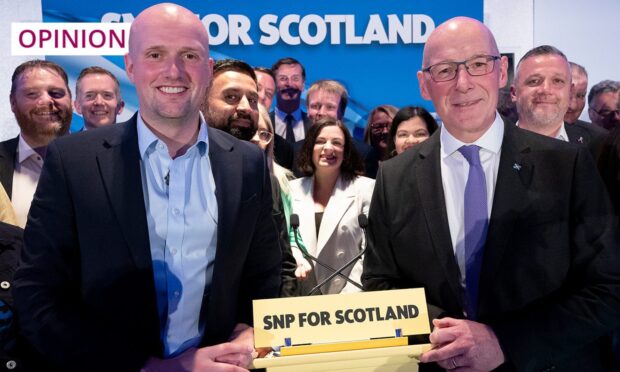
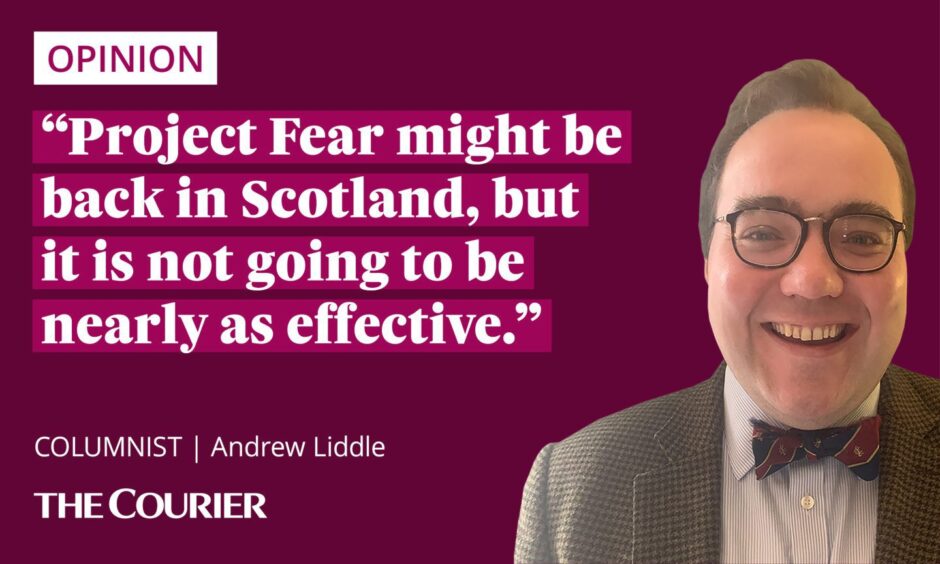
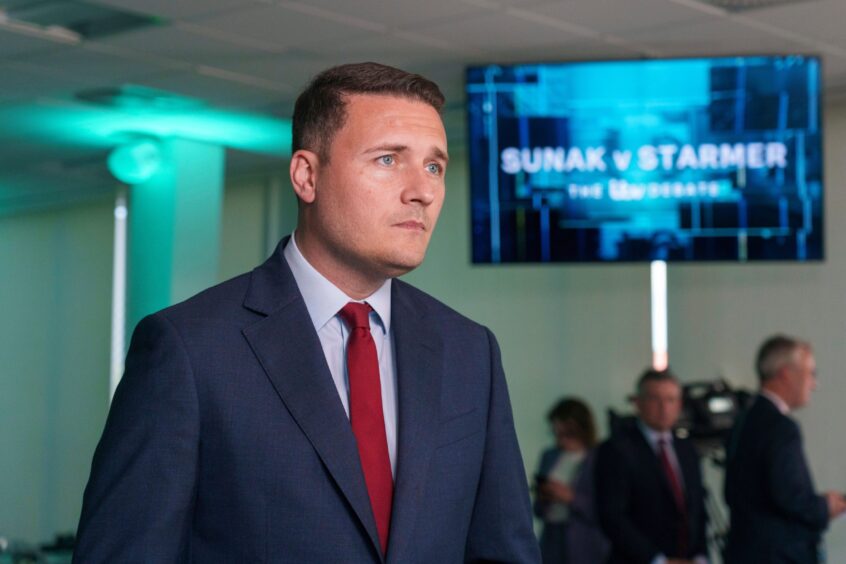
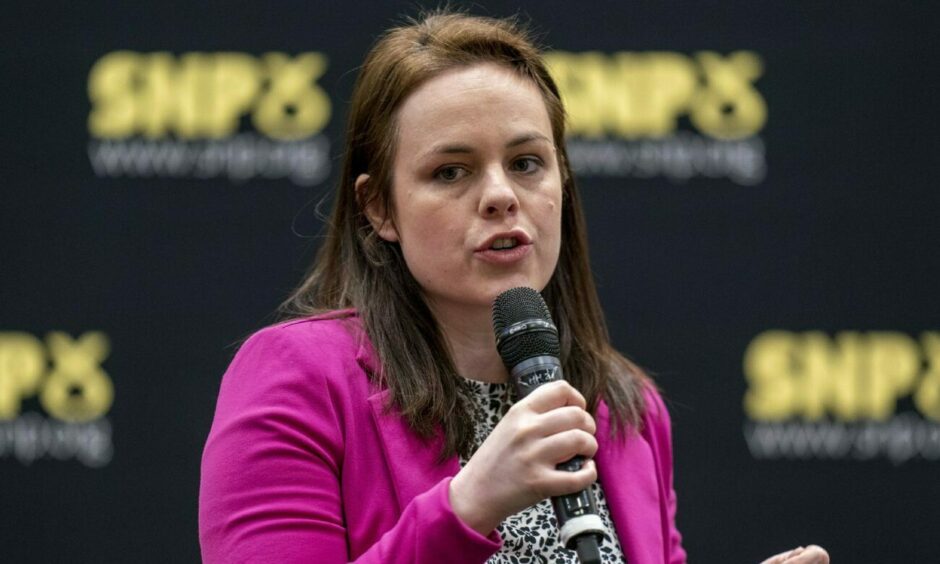
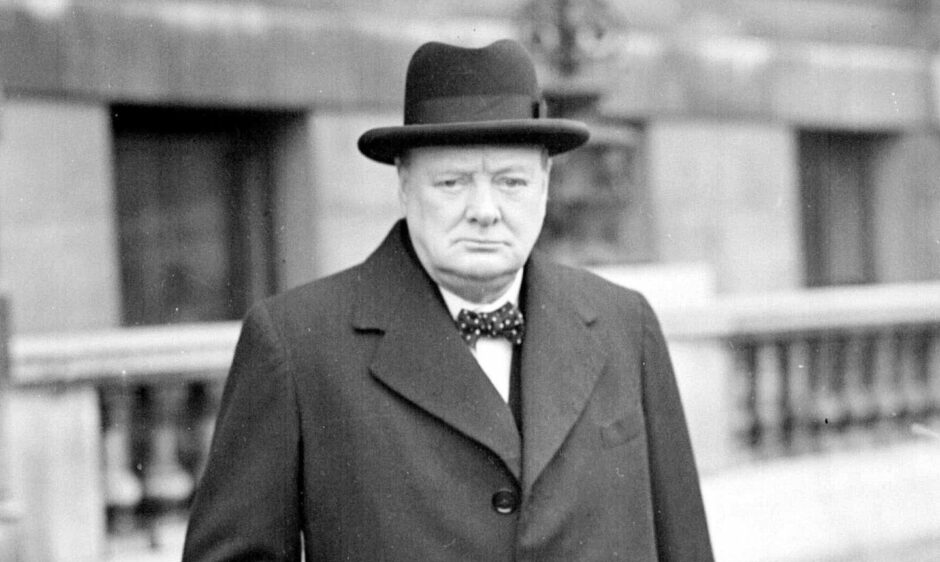
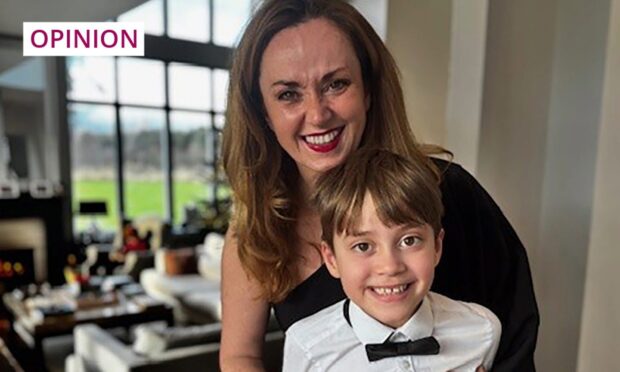







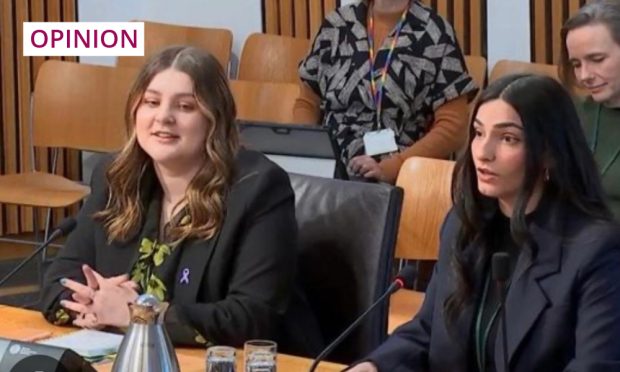
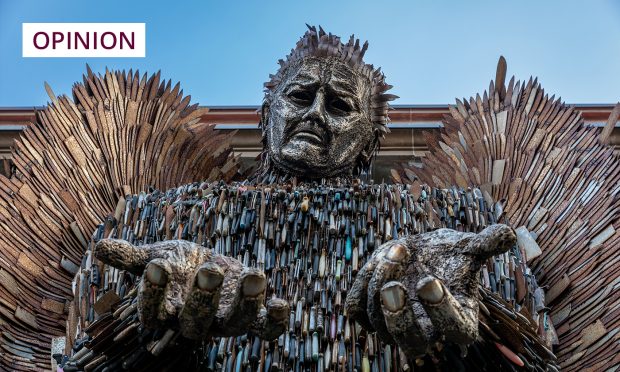
Conversation